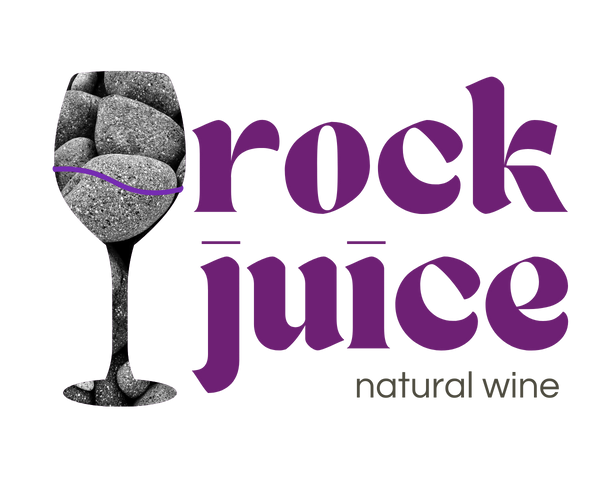2019 Castello di Stefanago 'Orangiosaurio'
2019 Castello di Stefanago 'Orangiosaurio'
Region: Oltrepò Pavese > Lombardia > Italy
Grapes: 80% Chardonnay, 20% Cortese
Vineyard/Cellar Stats: Certified organic farming, clay/limestone soils; 48 day skin maceration with the skins then co-fermented in stainless steel and racked several times before bottling to get it off the lees; bottled unfined/unfiltered with no added So2; zero-zero; 12% ABV
Winemakers: Antonio and Giacomo Baruffaldi
Castello di Stefanago is located in the hills of Oltrepò Pavese, about 45 minutes from Milan’s airport, where Antonio and Giacomo Baruffaldi have always farmed organically – certified even, for over 20 years. The Castello has been continuously occupied since it was built in the 11th century and sits on 135 hectares of land, but only the best 20 are planted to vines, and done so in tiny plots scattered around the property. They also make craft beer and operate a hipster brewpub across the street from the Castello. For the wine, everything starts with the land. Each plot is studied and analyzed throughout the growing season so that precisely the right caretaking regimen is applied. Pruning, sowing, copper + sulfur use (if any) and biodynamic treatments are all carefully planned to produce the most healthy grapes possible for that vintage and build their internal defense mechanisms for future vintages. When grapes are this pampered, it follows that cellar work needs no fancy tricks, so they lean heavily on ancient, hands-off methods of winemaking.
We first discovered these guys after literally stumbling onto their property in the Oltrepo Pavese countryside two summers ago, so were very excited to find that one of our favorite importers started bringing in their lineup of unique and fiercely authentic wines. Like this deeply skin-contact (orange) wine that is intensely dry, earthy and aromatic, full of citrus peels, ginger, apricot, jasmine tea and rocky minerals. After 4 months on the skins, it definitely picks up some tannins, giving it a serious texture and complexity that make it a natural for food. Serve chilled but not icy cold, to minimize the tannins, with a cheese plate or a rich winter meal.
Couldn't load pickup availability


